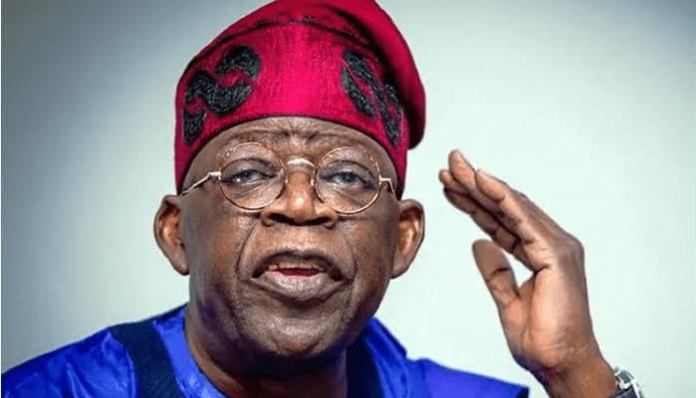The Federal Government plans to increase borrowing despite recording a 40.5 per cent surge in revenue for the first eight months of 2025, according to a statement released Wednesday by Special Adviser to the President on Information and Strategy, Bayo Onanuga.
According to THE PUNCH, Figures from the Presidency show that Nigeria’s total collections between January and August 2025 hit N20.59tn, up from N14.6tn during the same period in 2024. Notably, non-oil revenues now make up 75 per cent of total collections, underscoring the government’s shift away from oil dependence.
“From January to August 2025, total collections reached N20.59tn, a 40.5 per cent increase from N14.6tn recorded in 2024. This strong performance aligns with projections, placing the government firmly on course to achieve its annual non-oil revenue target,” Onanuga said.
However, despite surpassing revenue targets, Nigeria continues to grapple with underfunded infrastructure and unpaid contractors. On Wednesday, members of the All Indigenous Contractors Association of Nigeria protested at the Ministry of Finance headquarters in Abuja, demanding payment of about N4tn for capital projects executed in 2024.
To address these funding shortfalls, the government intends to raise fresh loans both locally and internationally, a move that contradicts President Bola Tinubu’s earlier assurance that Nigeria would reduce reliance on borrowing following improved revenue performance.
Meanwhile, data from the World Bank indicates that the global lender is set to approve $1.75bn in fresh loans for Nigeria before the end of 2025. These loans will fund projects in agriculture, health, and digital infrastructure. Among them is the $500m Nigeria Sustainable Agricultural Value-Chains for Growth project, expected to be approved on December 11, 2025.
The World Bank has already approved $8.40bn in new loans for Nigeria between June 2023 and August 2025, covering 15 projects across energy, education, healthcare, rural infrastructure, and governance. With this, the World Bank Group now accounts for $18.23bn—or 39.7 per cent—of Nigeria’s external debt stock of $45.98bn as of March 2025.
Economists caution that while concessionary loans from the World Bank come with low interest rates and longer repayment windows, they could worsen Nigeria’s fiscal position if not properly managed.
Lagos-based economist, Adewale Abimbola, explained: “The critical question is not whether Nigeria should be borrowing, but whether the loans are structured and deployed effectively. Borrowing isn’t bad; what matters is utilisation. If the funds are tied to viable projects with medium-term revenue prospects, they can be beneficial.”











